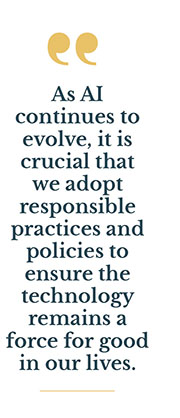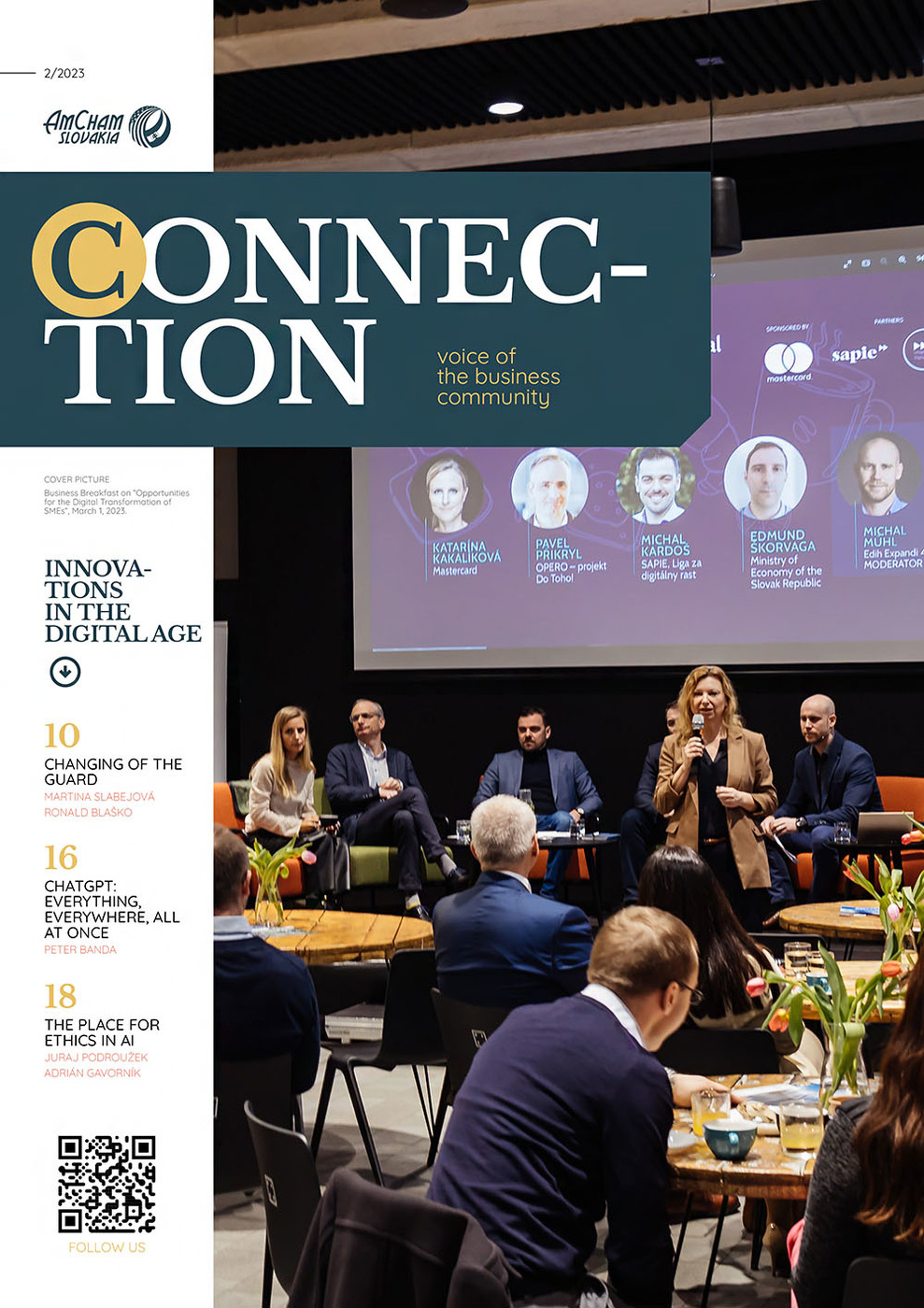Artificial intelligence (AI) has transformed various aspects of our lives, ranging from the way we communicate to the methods we employ for problem-solving. As we embrace AI technology, we must recognize its potential to improve our lives significantly. This text delves into the good use of AI in various sectors, such as healthcare, education, transportation, and environmental sustainability, highlighting how this technology benefits us on a daily basis.
Healthcare
AI plays a crucial role in enhancing healthcare, offering personalized solutions and advanced diagnostic tools. Machine learning algorithms can analyze vast amounts of data to identify patterns and correlations, making early detection of diseases such as cancer more attainable. By integrating AI into medical imaging technology, healthcare professionals can now detect diseases in their early stages, leading to more effective treatments and better patient outcomes.
Furthermore, AI-powered applications enable remote patient monitoring and personalized care. These applications can track patients’ vital signs, generate reminders for medication, and even predict potential health issues based on the collected data. This kind of care not only improves patients’ well-being but also reduces the burden on healthcare systems.
 Education
Education
AI has the potential to revolutionize education by providing personalized learning experiences for students. Through adaptive learning platforms, AI can tailor educational content to suit individual needs, identifying strengths and weaknesses to create customized learning paths. This level of personalization ensures that every student receives the support they need to reach their full potential.
Additionally, AI can assist teachers in grading assignments and evaluating student performance. By automating repetitive tasks, educators can devote more time to developing innovative teaching strategies and engaging with students. Furthermore, AI can identify patterns and trends in student performance, helping educators intervene early and provide targeted support to students who may be struggling.
Transportation
AI has made significant strides in transforming the transportation sector. One of the most notable advancements is the development of self-driving vehicles. These vehicles rely on AI algorithms to navigate traffic, avoid obstacles, and make safe driving decisions. As a result, they have the potential to reduce traffic accidents, decrease congestion, and optimize fuel efficiency.
AI is also revolutionizing public transportation. For example, AI-powered traffic management systems can optimize traffic signals to reduce congestion and improve the flow of public transit. In addition, AI can predict maintenance needs for public transportation infrastructure, ensuring that systems remain operational and efficient.
Environmental Sustainability
AI can play a pivotal role in combating climate change and preserving our environment. By analyzing complex data sets, AI can identify trends and make accurate predictions about environmental issues, such as air pollution, deforestation, and biodiversity loss. This information can help governments and organizations make informed decisions about how to allocate resources and develop effective policies.
AI can also optimize renewable energy production, making it more efficient and accessible. Machine learning algorithms can predict fluctuations in renewable energy supply, allowing power grids to adjust accordingly and reduce dependence on fossil fuels. Furthermore, AI can optimize water usage in agriculture, predicting weather patterns, and adjusting irrigation schedules to minimize waste.
Conclusion
Artificial intelligence has become an indispensable part of our lives, offering innovative solutions to some of the most pressing issues we face today. By harnessing the power of AI in healthcare, education, transportation, and environmental sustainability, we are moving towards a more equitable, efficient, and sustainable future. As AI continues to evolve, it is crucial that we adopt responsible practices and policies to ensure the technology remains a force for good in our lives.
ChatGPT, OpenAI



Follow us